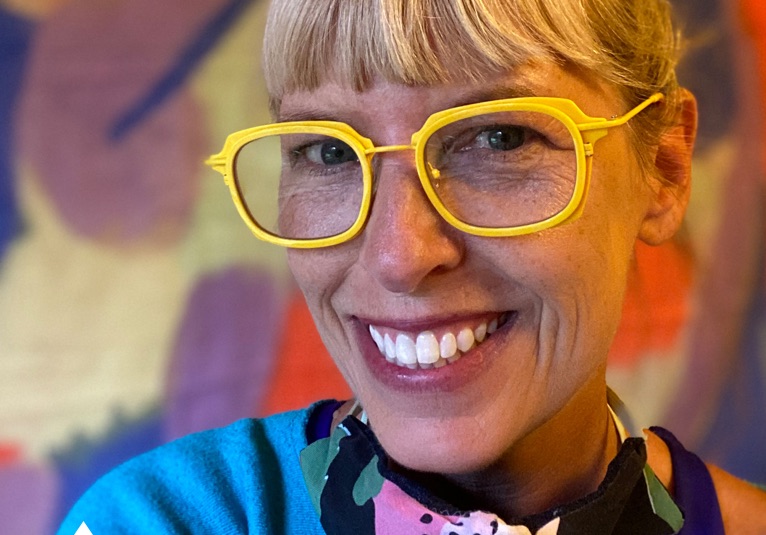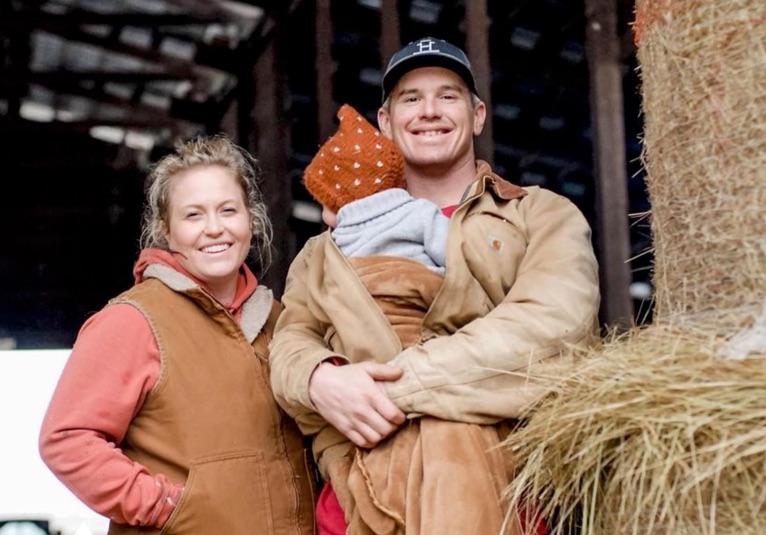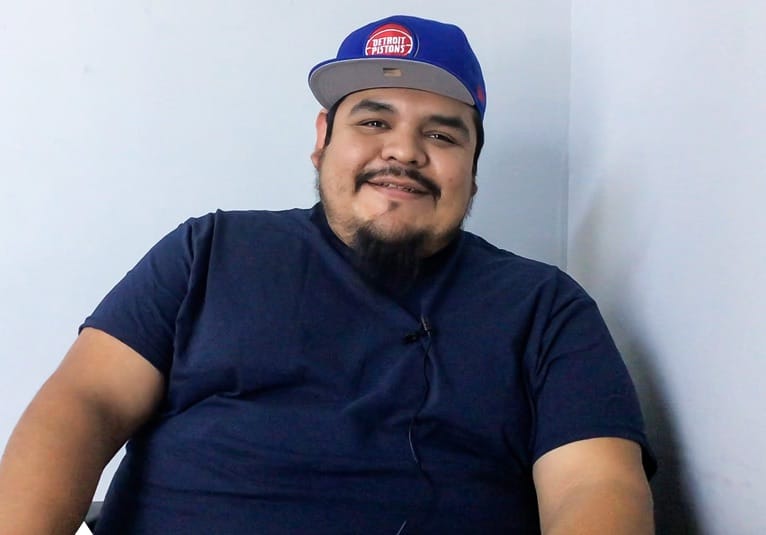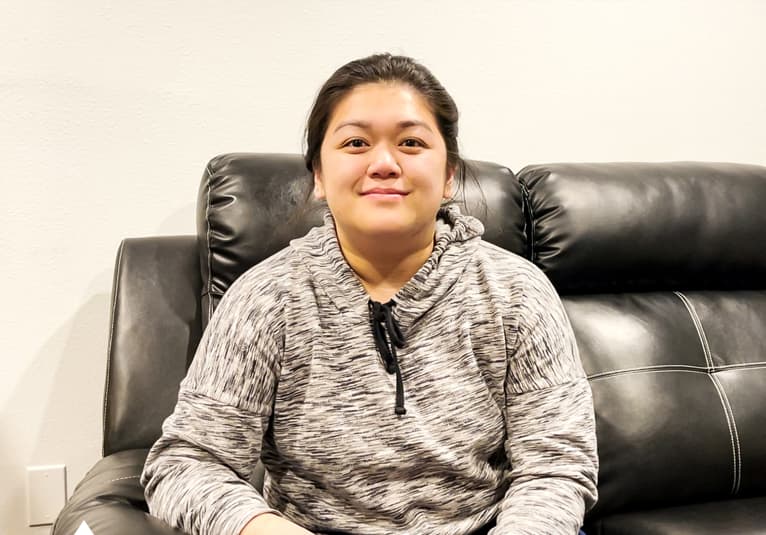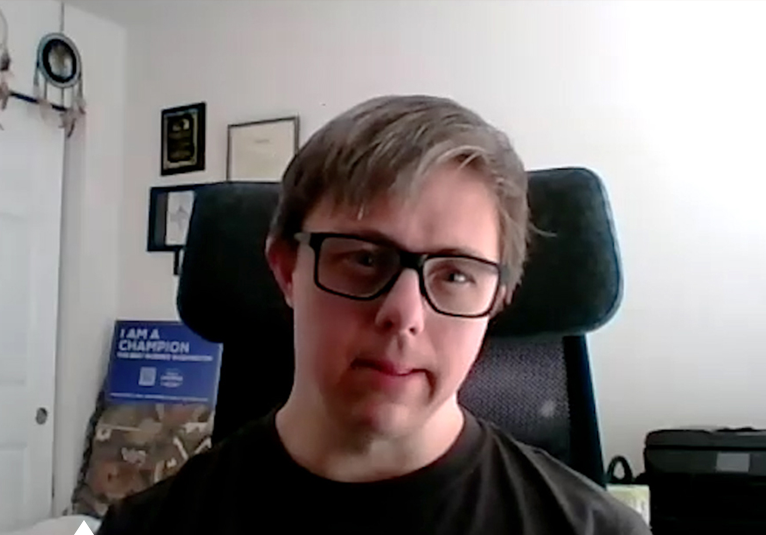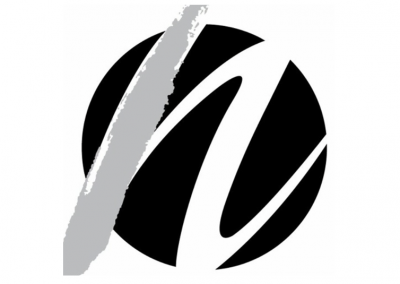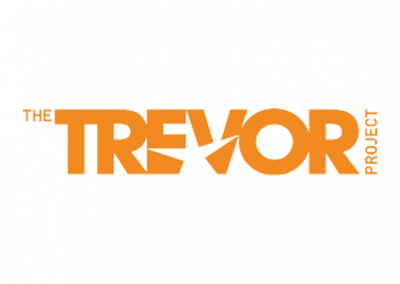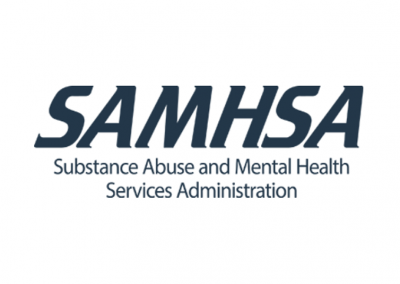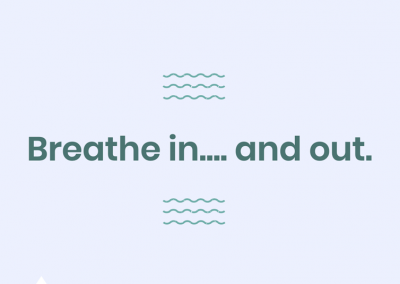Julie T In some shape or form, it’s going to come out.
Meet Julie.
I am a visual arts educator and I’ve been an educator in the public and private settings for almost twenty three years now — mostly in the public schools. I started out as a classroom teacher and I always used art to teach. And I really felt the calling to be an art activist for our students because of the disregard for creativity in our schools. So I really devoted myself to arts education for many, many years.
Some of my first memories are of making things. It was kind of how I would understand this world that I had been born into because I’m very different from all the people I grew up with and especially my family. I come from a lot of trauma and not really knowing as a child how to deal with that because children don’t understand. When you’re in a place of neglect and in an abusive environment, there’s no way to understand that. My way of understanding was making things.
COVID has been rough. It’s been an awakening.
Around October I started this really intense period of just loss, like I have never experienced before. I lost my favorite aunt and then we had to put our dog down, he was 14, so like a child. Then my brother passed away unexpectedly in November, and it was just a tragic situation. I had lost my other brother two years ago, and it was also a tragic situation. I was the one that had to fly out to New York during this pandemic and handle all things connected to him.
Luckily I found a really great trauma/grief therapist, and I need to heal and I need to like, you know, just even flying to take care of my brother’s body. Like I was sobbing in public, like the whole way, you know, walking to his apartment, sobbing. And I’m not a crier and especially a public crier at all, like, you know, like absolutely not. So I just couldn’t help it.
I’ve had so many epiphanies during this time.
We have to get over the issue around shame
In my environment that I grew up with and working in the environment that I do, mental health is not discussed. It’s a little bit of a taboo. And it’s only for certain people. I feel like I’ve really had a realization for myself and for the youth around us and for my family that the more that you talk about your own struggles with mental health and address the shame connected with that is the only way to heal. I’ve had so much shame around mental health issues. You know, my mother, my mother’s mother had major mental health issues, my mother, my brothers, I’ve had problems with depression.
I finally am at a point that, you know, we have to get over the issue around shame around that. It doesn’t make us weak to admit these issues that we have. My first thought was the shame comes from like keeping it silent and not ever talking about it. I even see this sometimes with our students is like they have these traumatic things happen in their life and we try to meet with a family member to get the child some counseling or mental health support. Most of the time, they’re like, no, we don’t need to do that, we’ll just deal with it.
No, you can’t deal with that that kind of loss when traumatic things happen. I think that whole idea of just the silence. You know, let’s not deal with it. Maybe it’ll go away if we don’t deal with it. Compartmentalize it, put it in a little box and, you know, at some point it’s going to come out.
In some shape or form, it’s going to come out.

